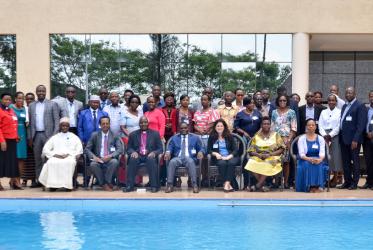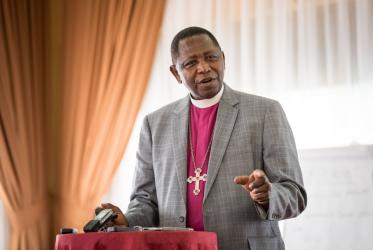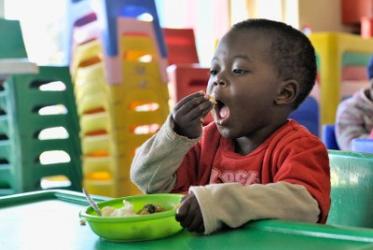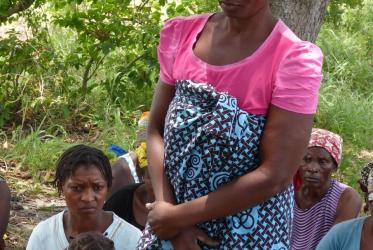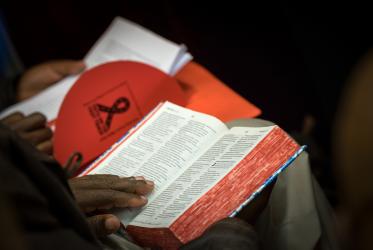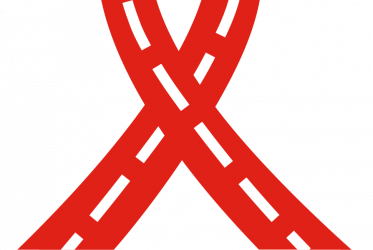Displaying 21 - 40 of 49
07 November 2017
In Zambia, foreign investors complicate “economy of life”
06 September 2017
“Facing the storm of HIV, we can move together, be agents of change”
06 September 2017
Youth engagement fundamental to HIV response
18 April 2017
Food and land justice focus of Mozambique workshop
19 December 2016
Faith communities explore concrete climate action at COP22
10 November 2016
Bible study gives hope as youth reflect on HIV
02 November 2016
Kenya: Voice of faith communities crucial in overcoming HIV
14 October 2016
Honest talk blossoms between youth, theologians in Cote d’Ivoire
14 September 2016
In Ghana, women bring open minds, honest words
05 July 2016
WCC conference explores ecological injustice in Uganda
21 April 2016

